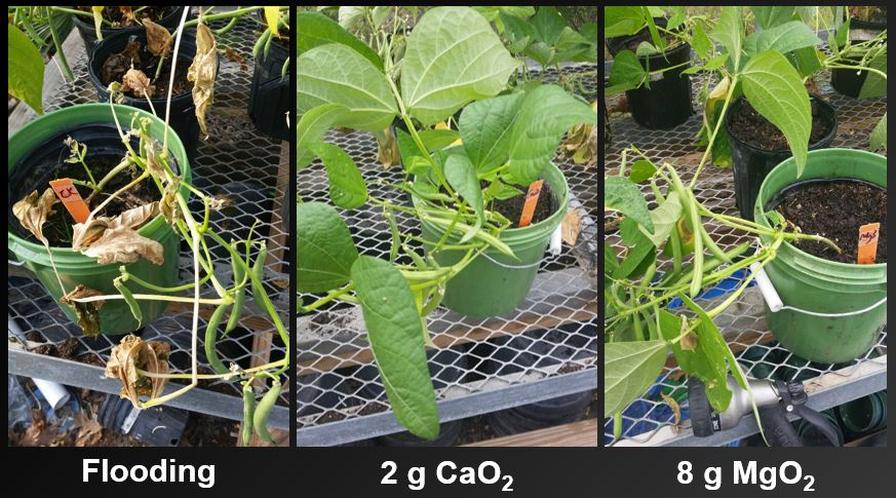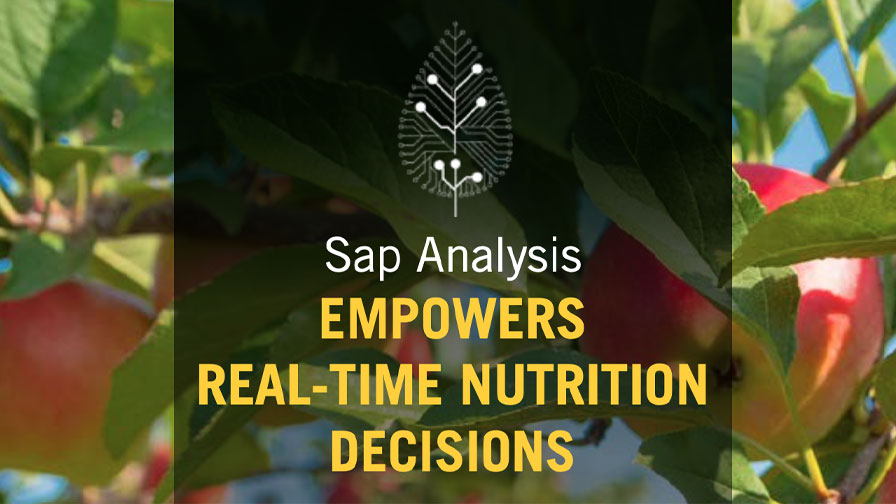Got Flooding in Your Farm Fields? There Might Be a Solution for Swamped Crops
Soggy fields can be a real drag for farmers. Florida growers know this all too well. Despite being known as “the Sunshine State,” the wet season here can take matters to a whole new level. This challenge is at the center of a new study conducted by University of Florida scientists evaluating a technique to lessen the impact of floods on snap beans and possibly other crops.
The study was led by Guodong (David) Liu, UF/IFAS Associate Professor, and found that flooded young snap beans showed more resilience with the addition of solid oxygen fertilizers. The researchers tested calcium peroxide and magnesium peroxide.
“We know that flooding suffocates plants,” Liu says. “We also know, from our previous research, that soils amended with oxygen fertilizers may reduce that stress, minimizing the damage from flooding or hurricanes,” Liu adds.
According to UF/IFAS, plants were divided into three groups for the study. One group was watered as normal. Another group received an abundance of water, while a third group received an abundance of water plus oxygen fertilizers. This third group received different amounts of calcium peroxide or magnesium peroxide.

In a new study, oxygen fertilizers added to flooded snap beans did improve yields.
Photos by Danyang Liu
“We were evaluating the best amount of solid oxygen fertilizer that would keep the plant alive and productive,” Liu says, “while also finding the most economical rate.”
The flooded plants that received either peroxide application grew taller and produced higher yields than the flooded control plants, some by as much as 50%, although neither treatment produced as much as the non-flooded plants. The highest yields came at the rate of 2 grams for calcium peroxide and 8 grams for magnesium peroxide per container with a single plant.
“We used the snap bean in this study for its quick growing season, but all vegetable crops require the same oxygen and can suffer hypoxic stress,” Liu concludes.
To read the published study in its entirety, visit nature.com.









